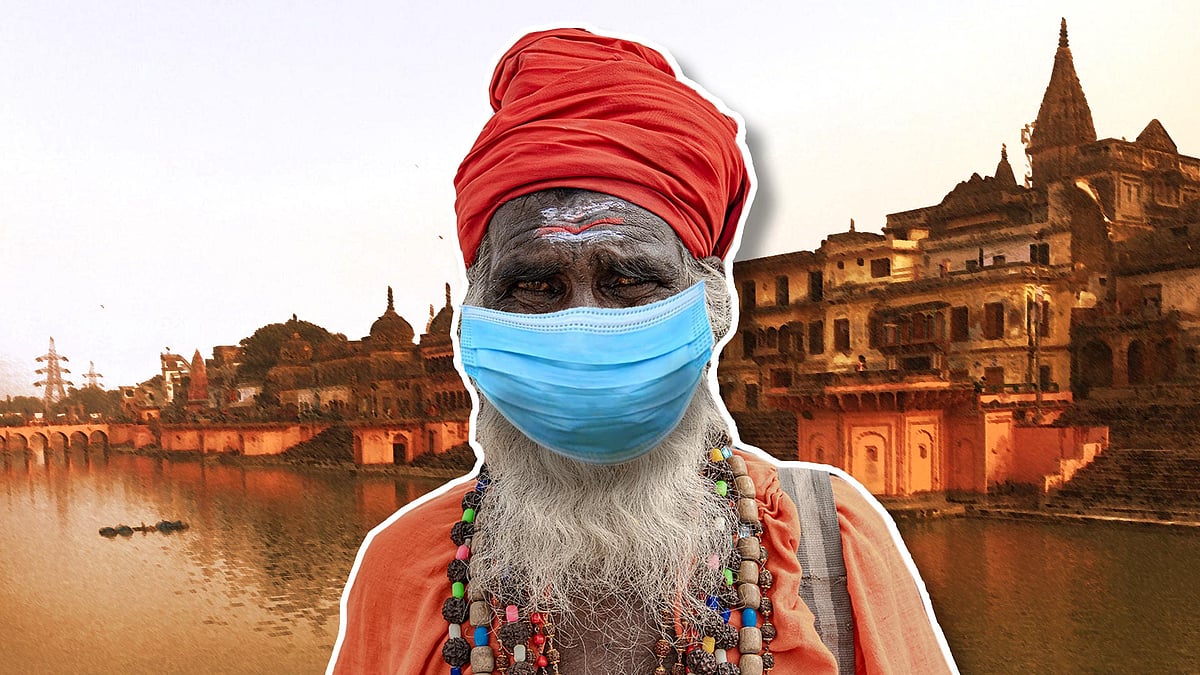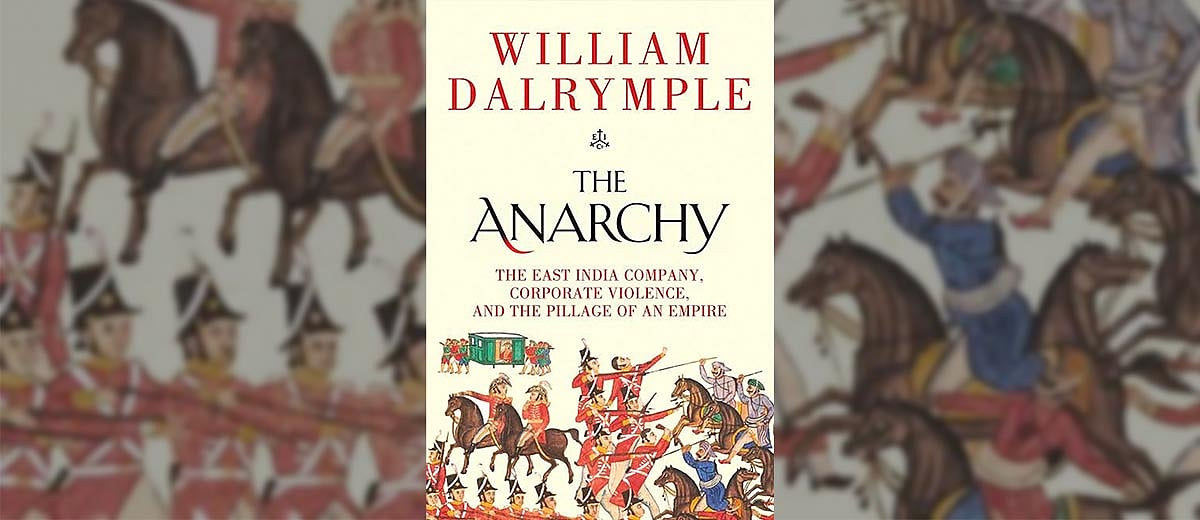Why the coronavirus pandemic threatens rightwing politics globally
And data and privacy of citizens as well.
The coronavirus pandemic has caused tectonic political shifts – electoral turmoil, ideological traumas, geopolitical tremors, strategic outreach, potentially invasive technologies.
Try this for size: South Korea has parliamentary elections in April. It’s going all out to test whoever wants to be tested, and has kept its death rate down to an impressively low 0.9 percent. In the United Kingdom, the Boris Johnson government’s landslide victory in December put it comfortably in the saddle for five years. The UK did little to combat the disease until March 18, waiting for “herd immunity” to develop.
Of course, distance from elections is only one factor determining the calculus of a pandemic response. Political ideology is certainly also a factor in both South Korea (ruled by a liberal party) and the UK (ruled by conservatives). As it gets worse, this pandemic is going to severely test rightwing politics, which prefers cutbacks on public health spending and care for the elderly. Anger could surge against rightwing politics if the public focuses on the vast difference between the amounts some governments have vouchsafed for healthcare during the pandemic and to corporations to survive the economic crunch the pandemic will cause ($50 billion extra against an estimated $1.5 trillion extra, or about 3 percent, in the United States).
The Left has been in retreat for a few years now, while strongly-motivated rightwing politics has gained ground (in Hungary, Brazil, the UK, the US, for example), but this pandemic is a massive speedbreaker for the growth-without-compassion juggernaut.
Spain, where a socialist-leftist coalition took power after last November’s election, has nationalised all private hospitals, and in country after country, the pandemic is bringing healthcare to the forefront of politics.
Trump on a slippery slope
US President Donald Trump’s prospective cakewalk to this November’s election might turn into a scrimmage through a mudslide. “You can have a reality-free administration as long as you don’t face a major crisis, but in the face of a global pandemic, braggadocio and denial of reality will display the credibility crisis populists face,” as Yascha Mounk, associate professor of political theory and democracy at Johns Hopkins University in Baltimore, scathingly observed to The New York Times last week.
Trump’s determined opposition to “Obamacare” affordable healthcare access for all in the US could prove particularly damaging now. Just a few days ago, his policy for Covid-19 was simple: “Just stay calm, it will go away” he said, stony-faced, the opposite of the urgency that a focus on public health would have dictated.
Sharply focused on the bottom line, Trump remained more worried about a global recession than about casualties. A few days ago, he publicly praised a state governor who went to a fair. That reflected the sort of pioneer-American self-belief – essentially rightwing – that might take a knock if the disease spreads exponentially.
If Covid-19 takes down Trump, it would be bad news for India’s strategists. They have invested heavily in his re-election since Prime Minister Narendra Modi told a packed Houston stadium last year: “Abki baar, Trump sarkar.”
Indeed, if the pandemic had struck a couple of months earlier in the election cycle, it might have boosted the prospects of leftwing Democratic Party nominees Bernie Sanders and Elizabeth Warren, both of whom promised comprehensive healthcare.
Advantage China, believe it or not!
In the international arena, geopolitics did several summersaults this past week as the European Union hedged disjointedly, and travel bans scampered across a scared globe, including within the EU. Globalisation teetered and xenophobia oozed.
That neo-ideology of authoritarian, state-managed capitalism which goes by the name of Chinese communism made a stupendous trapeze leap from crisis victim to success story.
Domestically, there had been talk just a few weeks ago of a potential rebellion against the overweening control, including censorship, of the Chinese Communist Party. Public anger was high after the death of a doctor who had sounded the alarm and was silenced before falling victim to the disease himself.
But China’s strategic clout has successfully managed how the pandemic’s origin is viewed. In its place, India might have faced global outrage if a major testing lab were located in the city of origin, and tales of theft from a Canadian lab swirled.
Questions have been raised about whether the WHO chief delayed declaring a pandemic to accommodate China. The world must now stand firmly against the pernicious influence of great powers in global organisations. We must resolutely do away with biological weapons, including their testing.
China no doubt deserves kudos for the gargantuan effort it made to contain the disease at home after finally acknowledging it six weeks after the spread began. But it almost defies belief that, internationally, it has transmuted from culprit to benefactor.
On March 16, Serbia’s president publicly disparaged the EU while publicly turning to China for help. He called President Xi Jinping not just a friend but an elder brother. Serbia, a key nation in the Balkans, has hitherto been eager to join the EU.
China has made amazing strategic gains by dispatching medical teams and equipment to Iran, Iraq, and Italy. All three are of vital strategic interest to China. (It plans a massive port in Italy as part of its “Maritime Silk Route”.)
Just about the time India woke up to its own domestic challenge from the virus, Iran asked Prime Minister Modi for help. It was a strategic opportunity, but that would have meant standing up to the US. China has bagged that advantage now. India has settled back to being a mentor of South Asia, though Pakistan resists even that.
India offered medical help to China in late February, when it should have held back for its own citizens, or sought strategic advantage through aid in key parts of the world. China will not value India’s aid. Rather, since its economy will be the first major one to recover, its leveraging of disaster relief to increase its arc of strategic influence will take a quantum leap.
Security challenges
Another sort of security issue lurks beneath the Covid-19 threat: privacy and individual choice could become casualties as a desperate world tries every tactic, including potentially invasive hi-tech. The strong-arm tactics of Chinese authorities to enforce the lockdown of Wuhan could show up elsewhere too. And there’s talk of Israel using technology so far reserved for terror tracking to trace those who might have been infected.
While some negative stories about the disease appear to have disappeared from the net, a report has revealed that the Indian government wants universal tracking through Aadhar-linked phone data. The pandemic might facilitate that ominous effort, particularly if the rate of infection jumps.
India has so far earned praise for its handling of the disease but, with very low levels of testing (six per million until March 16), we could be sitting on a volcano. The next few days and weeks will be uneasy.
 One lakh masks, 4,000 litres of sanitiser: How UP plans to tackle coronavirus threat to Ayodhya fair
One lakh masks, 4,000 litres of sanitiser: How UP plans to tackle coronavirus threat to Ayodhya fair
 ‘The Anarchy’: How the East India Company helped shape the modern global corporation
‘The Anarchy’: How the East India Company helped shape the modern global corporation